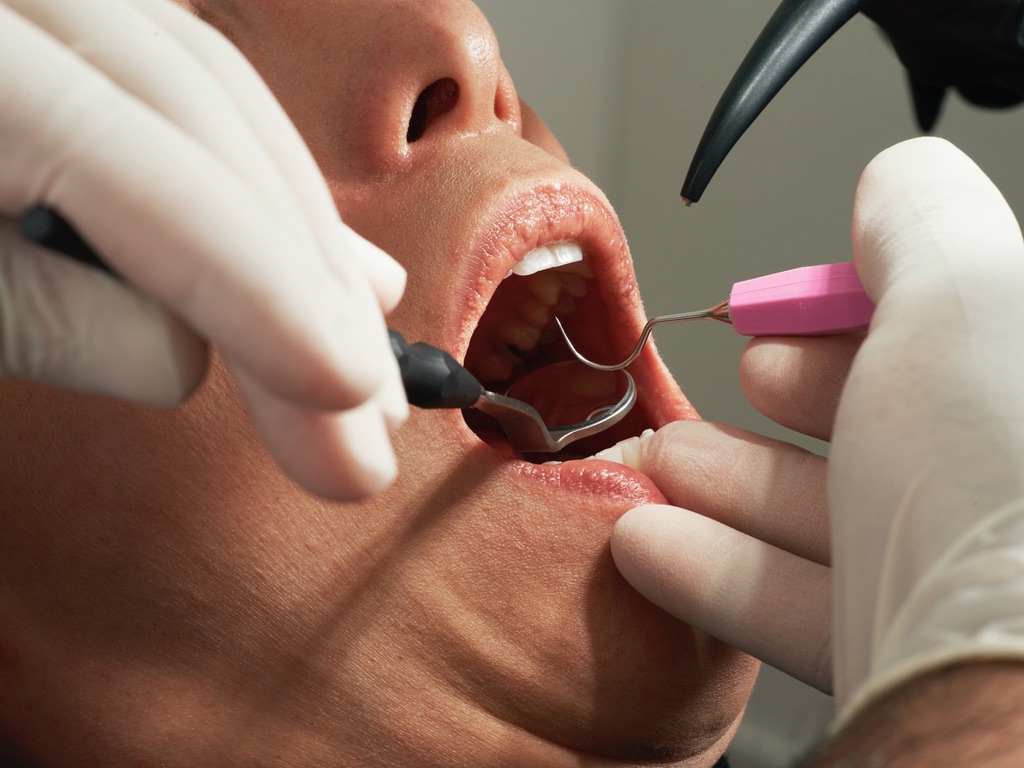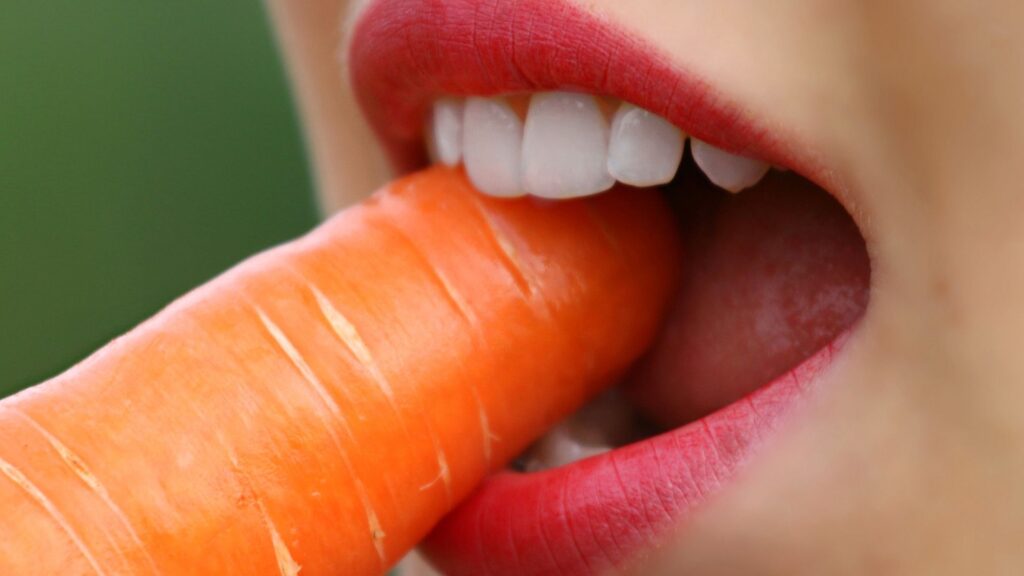Plaque Buildup
Plaque is a sticky, clear film that develops on teeth. Although it’s invisible to the naked eye, plaque buildup happens continuously throughout the day and in time can harden into tartar. When this happens, it becomes very difficult to remove from your teeth with just brushing alone. That’s why we’ve provided you with some tips on how to keep your teeth as well as why this is so important.

How Does Plaque Appear?
Your mouth is home to millions of bacteria. Although many are harmless, some can damage tooth enamel and lead to cavities. When these harmful bacteria mix with food debris and saliva, they form plaque. Plaque that isn’t removed can turn into tartar (a harder substance) and cause gum disease.
How to Prevent Plaque Buildup
The best way to prevent plaque buildup is to practice good oral hygiene habits. This includes:
- Brushing your teeth twice a day for two minutes with a fluoride toothpaste
- Flossing daily
- Eating a balanced diet and limiting sugary snacks
- Visiting your dentist regularly for professional cleanings and checkups
Dental Plaque can Also Cause Disease
If plaque isn’t removed from your teeth, it can harden into tartar, which can lead to gum disease and tooth decay. Gum disease is one of the leading causes of tooth loss in adults and also puts you at a greater risk for other diseases such as diabetes, heart disease, stroke, respiratory problems and arthritis.

In order to protect yourself against plaque buildup and all the health risks associated with it, make sure you are practicing good oral hygiene habits and visiting your dentist regularly. With the right commitment and routine, you can keep your smile healthy and beautiful for years to come!
Does Plaque Buildup Cause Pain?
Plaque buildup can sometimes cause pain, as it may lead to a buildup of tartar that results in gingivitis. This is one of the earliest stages of gum disease and is characterized by red, inflamed gums that bleed when you brush or floss. If left untreated, plaque can cause further damage to your gums and not only cause a world of trouble down the road, but can also end up hurting your bank account as you’ll be requiring many trips to the dentist.
How do I Know if I Have Irregular Plaque Buildup?
If you’re unsure whether or not you have plaque buildup, there are a few things you can look for. For one, your teeth may feel fuzzy or rough. You may also notice that your gums are red and swollen or bleed when you brush your teeth. If you experience any of these symptoms, it’s best to visit your dentist so they can give you a professional cleaning and determine if there is anything more serious going on.

Final Thoughts
Plaque buildup is something that happens to everyone, but that doesn’t mean it should be ignored. Be sure to practice good oral hygiene habits at home and visit your dentist regularly to keep your smile healthy and sparkling for years to come!
